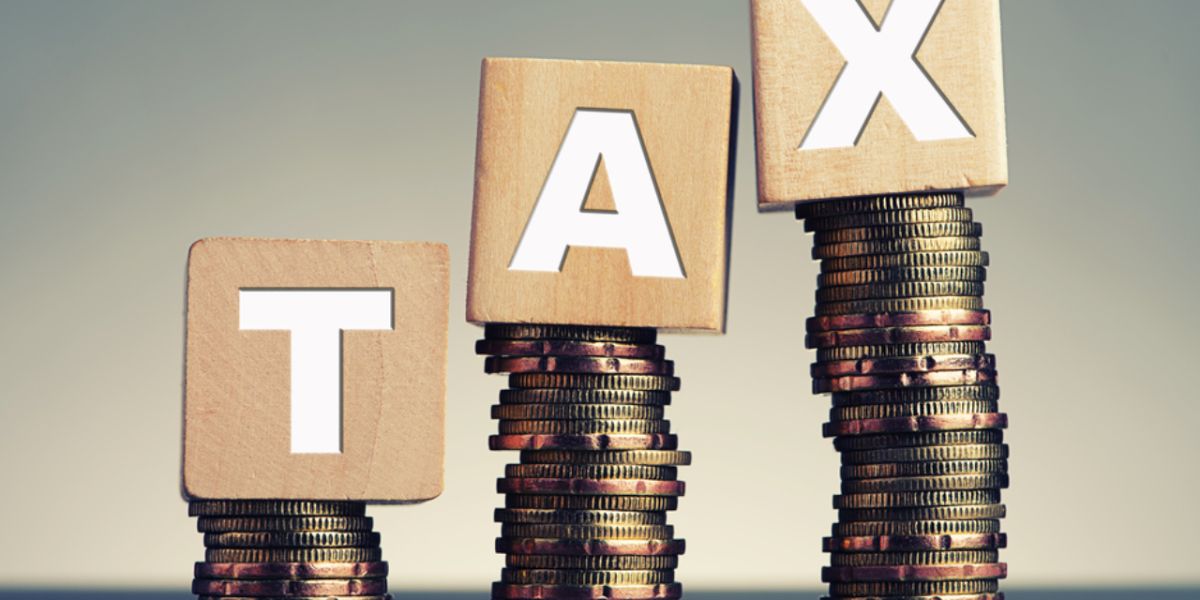
Do you have to pay taxes in Bulgaria? How to proceed and what are the conditions attached? Find out in this article.
Whether you are going to work, set up a business or even retire in Bulgaria, you are very likely to pay different types of taxes. In fact, as in most European countries, taxes apply to locals as well as foreigners. So it is best to inquire about these before moving. The Bulgarian National Revenue Agency, operating under the aegis of the Ministry of Finance, can provide you with relative information.
Good to know:
The different types of taxes are as follows: personal income tax, corporate tax, local taxes, Value Added Tax and social contributions tax, etc.
Conditions
Tax in Bulgaria applies to the following:
- foreigners and locals having a permanent address in Bulgaria
- foreigners having spent more than 183 days in the country during a fiscal year, that is from the 1st of January to the 31st of December
- foreigner having been transferred abroad by their company or by the Bulgarian government
- locals and foreigners having personal belongings and bank accounts, etc., in the country.
Moreover, residents in Bulgaria have to pay tax according to their global income. Non-residents, on the other hand, will pay tax according to their local source of income only.
Good to know:
Tax in Bulgaria applies to personal income, revenue from entrepreneurship of any other economic activity, rent, transfer of guarantees, etc.
Income tax
Income received during the current tax year is taxable during the same period. It is calculated for employees at a rate of 10%. Auto-entrepreneurs, for their part, have to pay a 15% tax on their net income. Tax on dividends applies at a rate of 5% and is deducted at source if these are paid by a Bulgarian company.
Discounts
Some taxpayers are eligible to tax discounts according to their income. Hence, they will pay less tax. Note that interest received on bank accounts within the European Union and the European Economic Area is exempt from tax.
Tax return
The tax return has to be submitted at the latest on the 15th of April for individuals and not later than the 31st of March for companies. You are advised to seek the assistance of an accountant to complete this form as it is written in Cyrillic alphabet. It can be difficult as the Bulgarian language is not globally understood. Note that some documents may also be requested on filing the tax return.
In the case of employees, supporting documents will be provided by their employer. As regards auto-entrepreneurs and other property owners, rent payments receipts, etc., have to be produced. If you have received deductions from other countries, you are required to submit supporting documents stating the amount paid abroad. You can check the list of documents on the National Revenue Agency's website.
Good to know:
The tax return can be filed either in person at the National Revenue Office, or by registered mail with a return receipt, or else online if you have a universal electronic signature.
Tax registration
You are required to register at the nearest Revenue Agency to your place of residence in case your employer failed to do so. This agency not only collects tax payments but also facilitates the registration of individuals. But in any case, tax payers' income and personal information is shared between the Trade Register and the National Revenue Agency.
Corporate tax
Corporate income tax applies to legal businesses, profits from transactions initiated by non-commercial legal businesses, unincorporated businesses and insurance funds established under the Article 8 of the Social Security Code. It also applies to foreign companies that are permanently established in Bulgaria, whether or not these have been incorporated.
Thus, income tax is deducted at a rate of 10%. The income tax return and payment must be settled not later than the 31st of March of the year following the tax year. The document has to be submitted to the nearest tax office to the company's address. Payment can be made either by a bank transfer or at the same tax office where the company was registered.
Terms of payment for higher income
Companies generating a net income of 300,000 leva are eligible for minimum monthly payment of corporate tax. Note that payment has to be settled at the latest on the 15th of April for the first three months and not later than the 15th day of the month for the following installments. As regards companies whose income range between 300,000.01 and 3,000,000.l leva, they are eligible to a quarterly payment, that is at the latest on the 15th day following the quarter's last month quarter for the first two quarters and not later than the 15th of December for the third quarter. Note that the last quarter cannot be settled in advance.
Vehicle tax
You also have to pay a vehicle tax in Bulgaria. It should be paid at the nearest municipality to the place where the vehicle was registered between the 1st of March and the 30th of April. Payment can also be made by bank transfer to the National Revenue Agency's bank account number. Remember to request for the bank account number and code. Otherwise, you can perform the operation online on the National Revenue Agency's website.
Note that your vehicle must be equipped with a road tax sticker stating that you are allowed to drive in rural areas for a specific period, whether on week days, during week-ends, months or all year round. These stickers can also be purchased at Bulgarian border posts, post offices and petrol pumps.
VAT
There are two types of Value Added Taxes (VAT) in Bulgaria. The first tax applies to general consumption (services, food, etc.) at a rate of 20%. The second is the reduced VAT which is applied at a rate of 7%, especially on tourism-related activities such as hotels, museums, castles, historical monuments, etc.
Useful links:
National Revenue Agency www.nap.bg
National Revenue Agency - Documents to be attached to the tax return www.nap.bg/en/page?id=570
National Revenue Agency offices www.nap.bg/en/page?id=512
K&K Accounting - Online Tax Calculator www.kik-bg.com
We do our best to provide accurate and up to date information. However, if you have noticed any inaccuracies in this article, please let us know in the comments section below.








